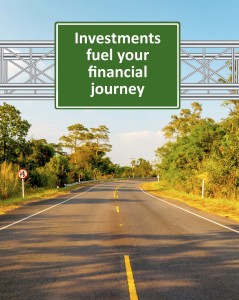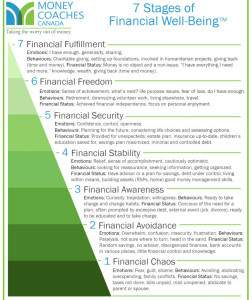By Karen Richardson, FPSC Level 1® and Christine White, P.Eng., FPSC Level 1®
The back to school cliché is that kids dread it and parents are gleefully counting the hours. But in reality, lots of kids are excited to go back to school (albeit an excitement that usually fades with the first homework assignment) and many parents dread September because it feels like open season on their bank accounts. Back to school spending seems to escalate every year, but it doesn’t have to be that way. You may not be able to keep your kids excited about school, but saving on back to school expenses is possible with some planning.
Back to school basics
Don’t start from scratch

A costly mistake many parents make is buying everything new. School ended roughly 8 weeks ago. It is entirely likely that much of what your children wore last spring still fits them. The same goes for school supplies; rulers, binders, folders, pencil cases, calculators, erasers, etc… are often in fine shape for the new school year. Before you head to the mall make an inventory of what you already have.
Kids don’t need everything on the first day
Even if your stock taking reveals that the kids will need several new items to get through the year, they won’t likely need winter boots in the first several weeks. Keep purchases to the essentials by building on what they have and then start watching for sales. The holidays are just around the corner and adding to the kids’ wardrobe through birthday and Christmas gifts is also a great idea. Continue reading


 As a fee-for-service financial planner it’s not unusual to be approached for a “quick” portfolio review. “Can you just look over my investments?” or “Can you tell me if I’m saving enough?” As much as it’s in my nature to want to help people, it would be unethical and unprofessional to advise someone without a comprehensive look at their finances and a clear understanding of their goals.
As a fee-for-service financial planner it’s not unusual to be approached for a “quick” portfolio review. “Can you just look over my investments?” or “Can you tell me if I’m saving enough?” As much as it’s in my nature to want to help people, it would be unethical and unprofessional to advise someone without a comprehensive look at their finances and a clear understanding of their goals.
 Happy New Year!
Happy New Year!




